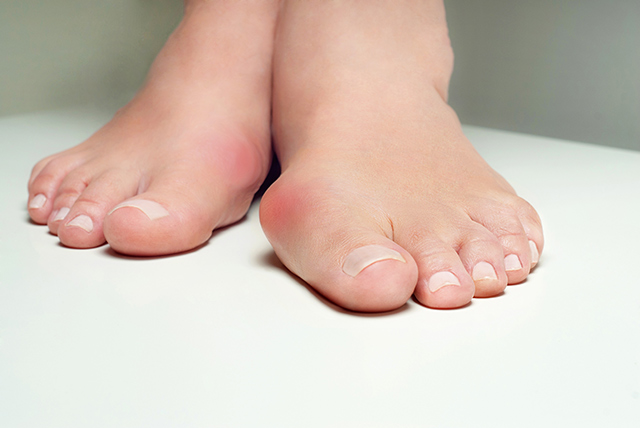Poison from above? Aerial spraying of mosquito-fighting pesticides has been shown to increase the risks of autism
05/18/2016 / By Greg White

Children residing in a region of New York State that uses aerial pesticides to maintain mosquitoes have an increased risk for autism in comparison to children living outside the area, according to a new study.
In the recent study, presented at the Pediatric Academic Societies 2016 meeting, the researchers reviewed autism rates and developmental delays from eight zip codes in a region of New York that are subjected to airplane pesticide spraying to thwart mosquito-borne diseases. The team then compared these autism rates to those in 16 zip codes where pesticide spraying does not occur. The researchers took into account other background variables, including poverty and gender differences.
The authors of the study found children living in zip codes that were sprayed each summer had about a 25 percent higher risk of an autism diagnosis or developmental problem than children living in areas that were not sprayed.
Pesticides from the sky
Nevertheless, the results do not definitively prove pesticides cause autism, pressed researcher Dr. Steven Hicks, a pediatrician at Penn State Milton S. Hershey Medical Center, in Hershey, Pa. “This study really brings up more questions than answers. We need more research before taking any public action on pesticide use,” he said.
The researchers were hesitant to make the link because the communities use the pesticides to thwart severe mosquito-borne diseases, including the West Nile virus. Regardless of this, it isn’t the first time researchers have unearthed a potential connection between pesticides and autism rates, Hicks noted.
100% organic essential oil sets now available for your home and personal care, including Rosemary, Oregano, Eucalyptus, Tea Tree, Clary Sage and more, all 100% organic and laboratory tested for safety. A multitude of uses, from stress reduction to topical first aid. See the complete listing here, and help support this news site.
He referenced a previous study conducted two years ago where California researchers discovered pregnant women living a mile away from crops treated with pesticides were slightly more likely to give birth to an autistic child than women who lived farther away from the pesticide coated fields. The pesticides used in the study were part of a group called pyrethroid pesticides, explained Hicks.
Hicks hypothesized the aerial spraying of pyrethroids is not as precise in comparison to other control methods.”‘If you think about the physical act of spreading pellets on the ground, you’re doing it in a controlled manner. You know exactly where they’re landing. From a plane, they have to travel hundreds of meters to the ground’ and could be subject to drift in the air,” he said in an article for Newsweek.
Autism bread from overhead?
Approximately 1 in 68 American children have been diagnosed with an autism spectrum disorder (ASD), reports the U.S. Centers for Disease Control and Prevention. ASD impacts the nervous system. Common side-effects include troubles with communication, social impairment, obsessive interests and repetitive behavior.
The local department of health in the Syracuse area has warned about spraying, but Hick is worried whether residents are taking these warnings serious enough. “’No one that I know of has ever surveyed people in the area to ask if they cover their garden, or their child’s play set, or if they do stay indoors’ while spraying is underway,” he told Newsweek.
Hicks noted additional research is needed to determine if the increased rate of autism is because of the pesticides spray or because of mosquito-borne illnesses. For instance, authorities have warned that the Zika virus may spur a heightened risk for mental health problems.
Sources include:
Tagged Under: autism, CDC, mental health, mosquitoes




















